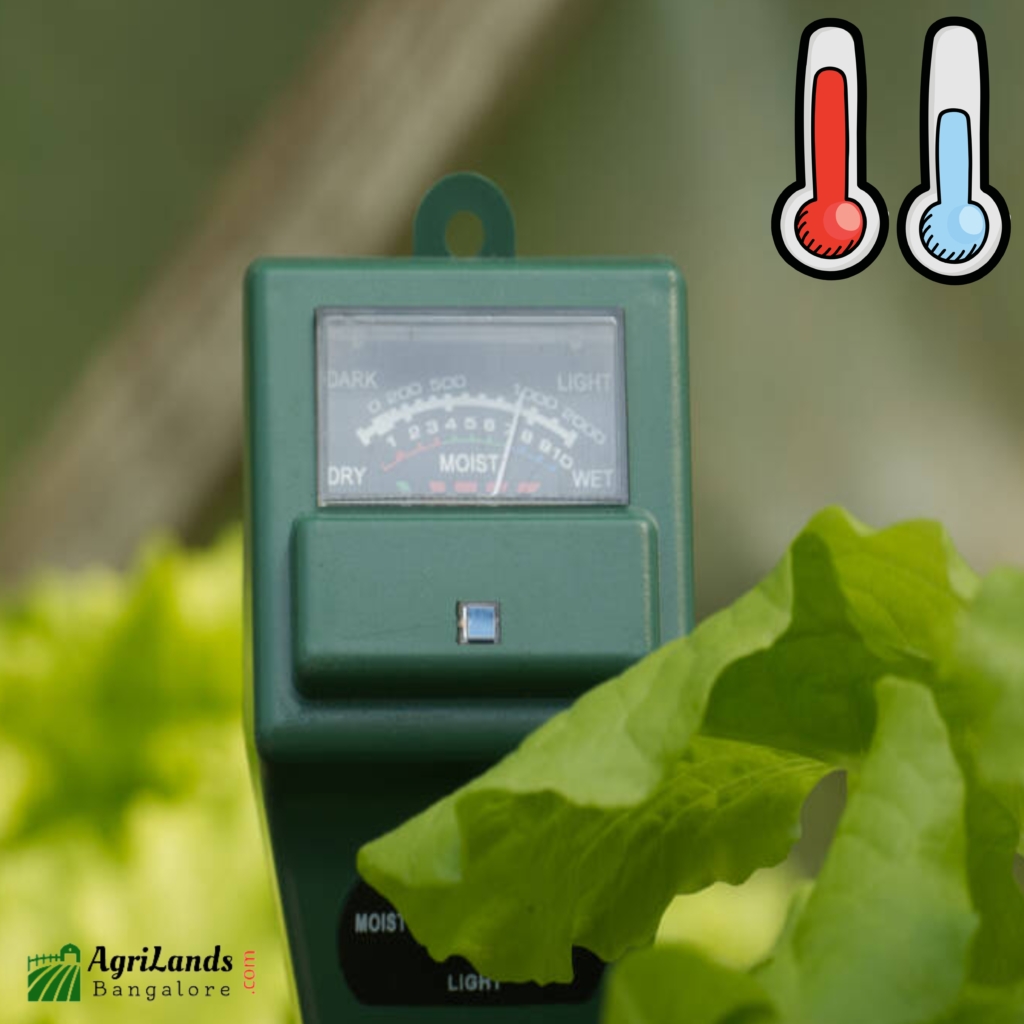How to Evaluate Soil Quality on Agricultural Land near Bangalore

Introduction:
The quality of soil plays a vital role in the success of agriculture near Bangalore. Whether you are a buyer, seller, or investor of agriculture land in this region, understanding how to evaluate soil quality is crucial. This article aims to provide valuable insights into assessing soil quality, understanding its impact on agricultural productivity, and making informed decisions when it comes to agriculture lands for sale near Bangalore.
1. Importance of Soil Quality:
Soil quality directly affects crop growth, nutrient availability, and overall farm productivity. Evaluating soil quality allows farmers and investors to determine the suitability of the land for different crops, identify potential limitations or constraints, and make informed decisions regarding agricultural practices and investments.
2. Soil Testing:
Conducting soil tests is the first step in evaluating soil quality. Soil testing involves analyzing various parameters such as pH levels, nutrient content, organic matter, texture, and structure. By obtaining soil test reports, farmers and investors gain valuable information about the soil’s fertility, nutrient deficiencies, and any necessary amendments for optimal crop growth.
3. Nutrient Management:
Understanding the nutrient content of the soil is essential for effective nutrient management. Soil testing helps determine the specific nutrient requirements of crops and enables farmers to develop targeted fertilization plans. By addressing nutrient deficiencies or imbalances, farmers can enhance soil fertility and optimize crop yields.
4. Soil Drainage and Irrigation:
Assessing soil quality includes evaluating its drainage and irrigation capabilities. Proper soil drainage is crucial for preventing waterlogging and ensuring healthy root development. Additionally, understanding the soil’s water-holding capacity and permeability helps determine irrigation requirements and aids in efficient water management practices.
5. Soil Erosion and Conservation:
Soil erosion can significantly impact agricultural productivity. Evaluating soil quality involves examining erosion risks, especially in hilly or sloping areas. Implementing erosion control measures such as contour plowing, terracing, and cover cropping helps preserve soil structure, prevent nutrient loss, and safeguard the long-term sustainability of agriculture land.
6. Organic Matter and Soil Health:
The presence of organic matter in the soil is indicative of its health and fertility. Evaluating soil quality involves assessing organic matter content, which influences soil structure, water-holding capacity, and nutrient availability. Promoting organic matter through practices like composting, crop rotation, and green manure enhances soil health and supports sustainable agriculture.
Conclusion:
Evaluating soil quality is a crucial step for farmers, sellers, and investors of agriculture land near Bangalore. By conducting soil tests, understanding nutrient requirements, assessing drainage and irrigation capabilities, and addressing erosion risks, stakeholders can make informed decisions and optimize agricultural productivity. Soil quality is a key factor in the value and investment potential of agriculture lands for sale near Bangalore, and prioritizing soil evaluation ensures long-term success and sustainability in farming endeavors.
